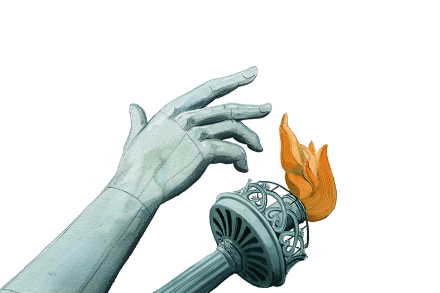The dire effects of Italy’s coronavirus lockdown
Locking down Britain sooner would have saved thousands of lives, according to Neil Ferguson. But while Ferguson’s claims have been rightly contested – and the merits of shutting down Britain, particularly in view of today’s woeful GDP figures – remain debatable, one thing is very clear: lockdown is having a dreadful effect on the lives of many. A survey from Italy, which went into lockdown a few weeks before Britain, shows why. 20,000 people were quizzed by researchers at the Mario Negri Institute in Milan on the psychological consequences of forcing people to quarantine themselves. And the findings – almost certainly replicable in Britain – make for grim reading. Over





















